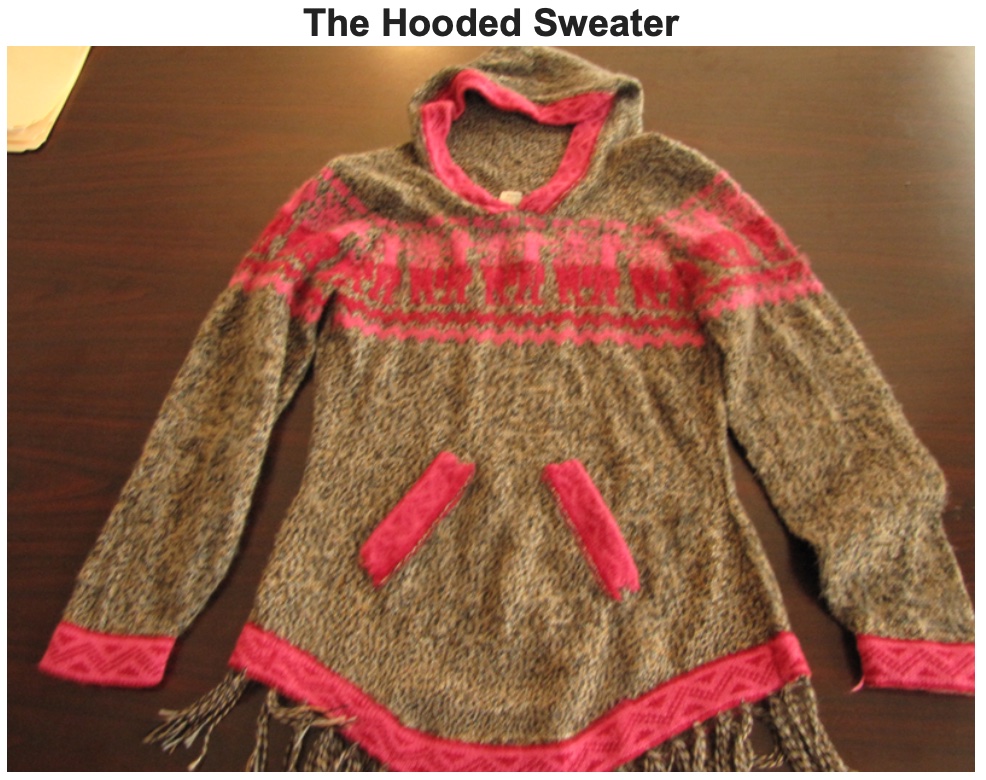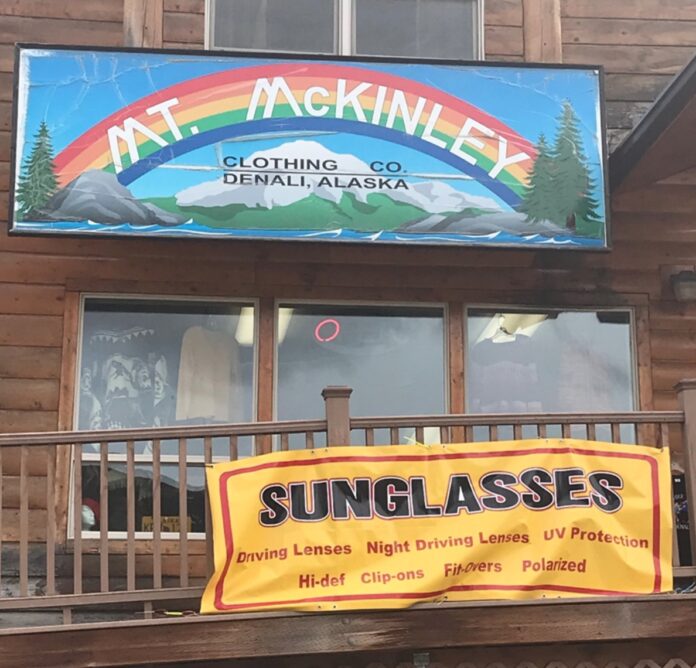Alaska Attorney General Treg Taylor obtained a temporary restraining order against Sunil Thapa, the owner of The Himalayan, also known as Mt. McKinley Clothing Co., a tourist shop located just outside Denali National Park.
The Superior Court Judge Earl Peterson issued the restraining order on the grounds of deceptive practices following a complaint filed by Taylor’s office on July 19.
The allegations indicate that Sunil Thapa, along with his wife, Trishna Thapa, and son, Tejash Thapa, engaged in deceptive business practices related to the shop’s merchandise. The family business was importing clothing, jewelry, and other products from foreign countries such as Nepal, and claiming the goods were made by Alaska Natives in Yakutat.
“My office will not tolerate false claims that products were made by Alaska Natives or that proceeds from sales will be used for charitable purposes. We will not allow businesses that lie to consumers to gain an unfair competitive advantage over the many excellent stores that sell legitimate Alaskan Made or Alaska Native products,” Taylor said.
The complaint says the three Thapas made false claims about their store being a nonprofit arm of the “Yakutat Village Council,” and that proceeds from sales would be directed towards charitable projects such as building schools and a rehabilitation center in Yakutat.
The temporary restraining order granted by Judge Peterson imposes several restrictions on The Himalayan and its owners, including:
- Prohibition of selling any products without proper country-of-origin markings.
- Requirement to present evidence of products being made in the USA or in Alaska before labeling them as such.
- Prohibition from claiming The Himalayan as a nonprofit entity or using its proceeds for charitable purposes.
- Prohibition from making any other false written or oral statements during the course of selling their products.
The Himalayan, at the Denali Village RV Park and Boardwalk Mall, retained a large sign from the previous occupants, Mt. McKinley Clothing Co., leading people to still refer to it as such.
The complaint filed against the Thapas sheds says there is no such entity as the “Yakutat Village Council” and that the defendants have no affiliations with any government entities in Yakutat, including the City and Borough of Yakutat or the Yakutat Tlingit Tribe. Additionally, there is no evidence of any donations made by the defendants to government agencies or charities in Yakutat, as claimed.
As part of the investigation, the complaint explained that an undercover purchase was made at The Himalayan, where Trishna Thapa, one of the defendants, falsely represented the store as a nonprofit organization owned by the fake “Yakutat Village Council.”
Trishna claimed that she was working as a volunteer at the store. During the purchase, Trishna assured the undercover investigator that all the items available in the store were handmade or homemade, and said nothing was made in China.

One specific purchase made during the undercover operation was a hooded sweater designed to resemble a kuspuk. The label on the sweater claimed that it was “hand knitted” in Alaska. Trishna stated that the sweater was made from Alaskan alpaca wool.
Trishna also suggested that the proceeds from the sale of the sweater would contribute to the construction of a new rehabilitation center in Yakutat.
As investigators developed their case, they discovered products in storage with “Made in Nepal” labels that were just like the ones that were on the sweaters, and the investigators also found discarded “Made in Nepal” labels.
